Por Areli Paz
Muerte: la única certeza de la vida, nadie se salva.
Olvido: la verdadera muerte.
Saborear: lo único diario que nos recuerda no dejar de probar la vida, no todo nos va a gustar.
Siempre he odiado hablar de la muerte. No de la mía, esa a veces la pienso como la única forma de librar lo pesado, lo triste, lo aburrido, lo doloroso o agobiante.
Pensar en la de los míos, esos que amo y que no quiero perder nunca, me enloquece. No quiero perder a mis amores de vida nunca, pero la muerte es la única certeza que tenemos cuando nacemos. Nadie sabe a qué nos dedicaremos, con quien conviviremos, a quién amaremos o con quién estaremos, pero sí, se sabe, la muerte es segura, es la única que no respeta religión, ubicación geográfica, profesión, mal humor, emoción, partido político, filosofía, comportamiento, actitud o bolsillo, de todas formas nos vamos a morir.
Se oye tan fuerte la frase, pero nada mejor que asumir la verdad. Mi pleito interno ha ido cambiando, ya saben la edad, esa que tampoco perdona pero sí te hace más fuerte, sabio y compasivo.
No fue inmediato, un hecho cambió mi percepción de la muerte y fue la de limpiar huesos.
En Pomuch, Campeche hay una tradición que se está perdiendo por temas religiosos y porque cada vez, las generaciones más jóvenes salen del pueblo y no regresan.
La tradición es limpiar los huesos de sus muertos. En el panteón central las osamentas están en cajas con carpetas blancas bordadas con flores de colores, acomodados estratégicamente para que el fémur salga poquito de la caja, luego el de las piernas, brazos y cabeza queden en una “buena posición”.
En la familia, en casa, las mujeres preparan la comida con lo que le gustaba al muertito, y el tradicional pan de pomuch, ese blandido, pero no tanto para que pueda remojarse con chocolate ya sea de leche o agua, se prepara para que después del rito de la limpieza todos terminen hablando del que se fue.
El de mayor edad lleva la brocha, el cepillo, la escoba, la música si le gustaba la música o el silbido mientras se ejecuta la limpieza de huesos.
Una vez me tocó en familia, eran 6, yo estaba impactada, no podía creer que niños, niñas, mujeres y familiares hablaran con los huesos como si nada. Pero me hicieron entender que en Pomuch la relación entre muertos y vivos es así, cercana, una que apapacha, una que te acaricia hasta los huesos literal.
En dos horas de lección de vida y muerte, esa familia compartió anécdotas, unos lloraban, otros reían, daba para todas las emociones.
Los huesos sólo se pueden limpiar cuando han pasado tres años después del entierro y eso si los huesos están listos para limpiarse, “si no hasta que den”.
Antes la limpieza se hacía en casa, pero el gobierno lo prohibió por temas sanitarios, así que las familias han entendido cómo se convive cada día de muertos.
La tradición se pierde, en el sincretismo de la religión, la cultura maya, las nuevas creencias y el abandono de los más jóvenes que ya no quieren seguir el rito, poco a poco Pomuch se vuelve leyenda. Una que por cierto me cambió por completo la percepción de lo que es la vida y la muerte, que para mí, solo se permite en estos días.
Aún le tengo miedo, bueno, ya tantito menos.
El recuerdo de Pomuch va en el sentido de la muerte y el pan, ese olor de las calles y casas que te invitan a sentarte y conversar por horas para que te cuenten vida y obra de todos los que se han ido y a los que no queremos olvidar.
Por eso prefiero la honra en vida, cuando todavía puedo decir, abrazar y creer que nos falta mucho… eso, nadie lo sabe.
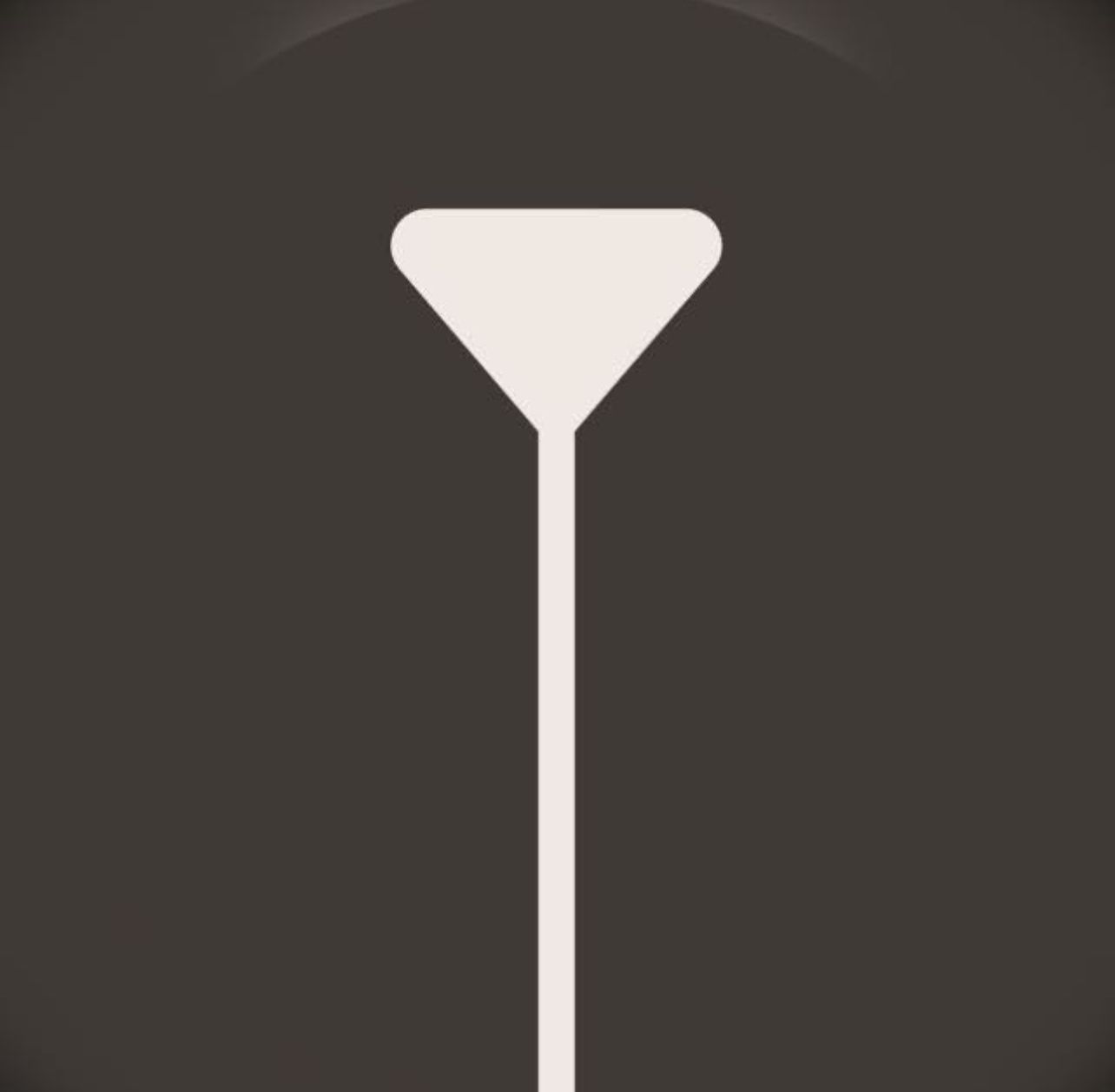
Las opiniones expresadas son responsabilidad de sus autoras y son absolutamente independientes a la postura y línea editorial de Opinión 51.


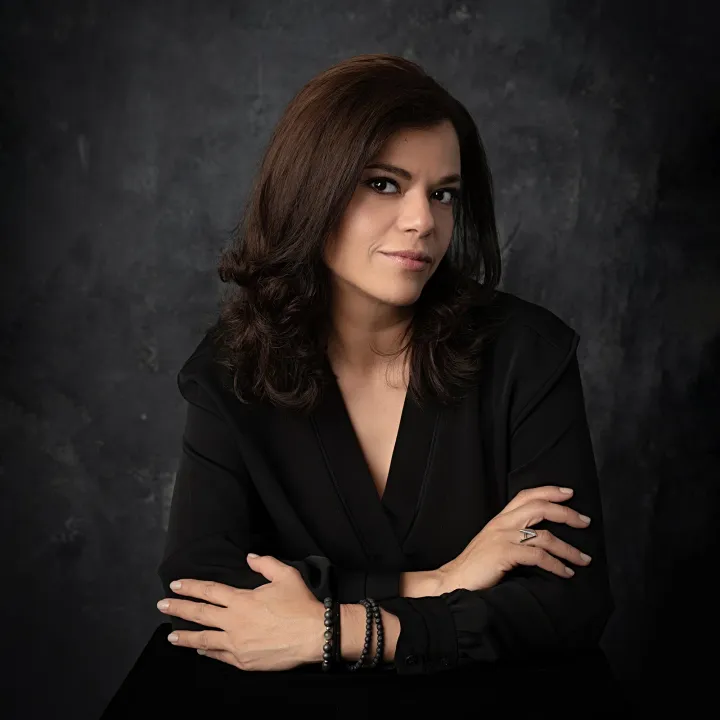
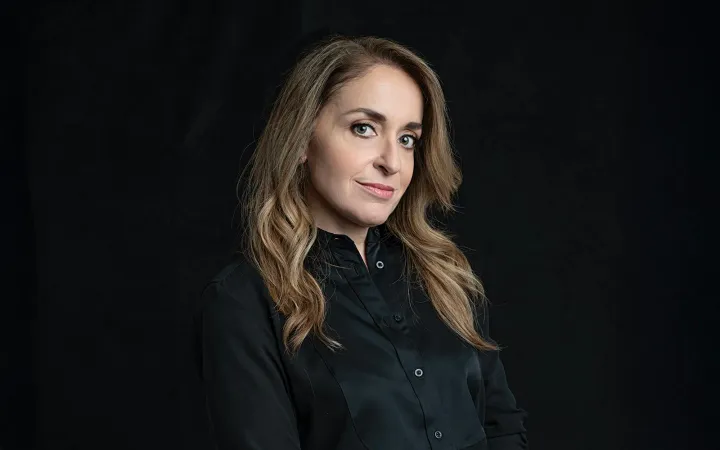
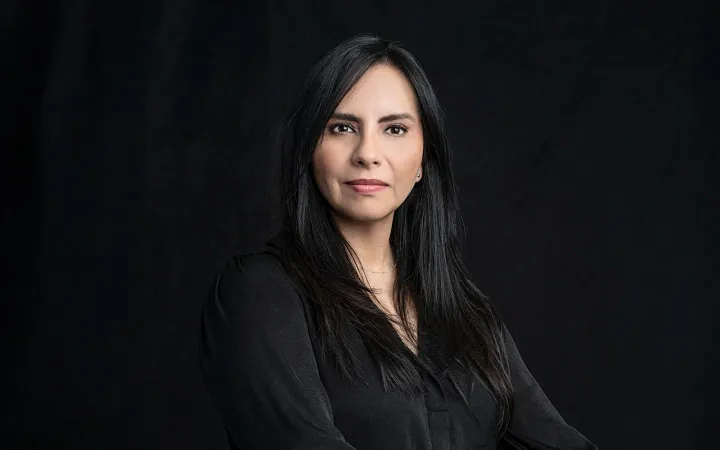
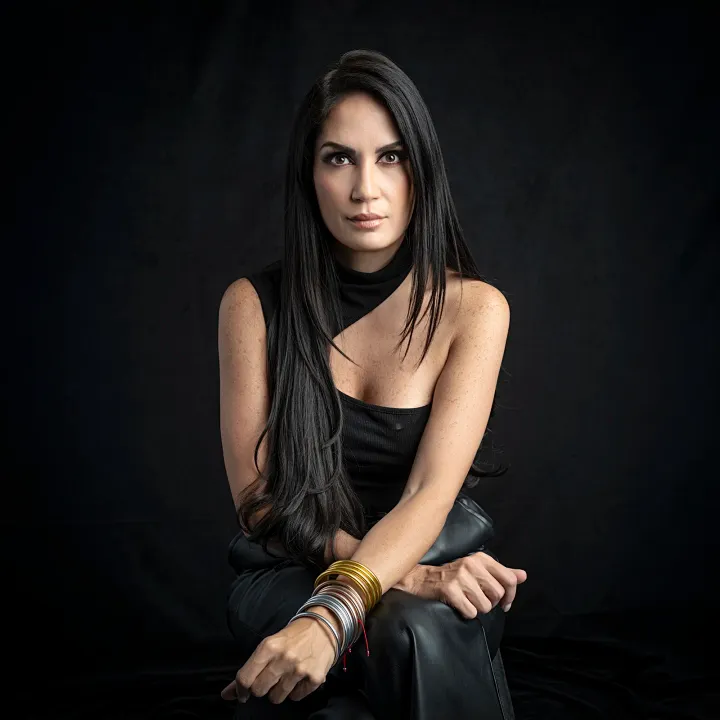
Comments ()